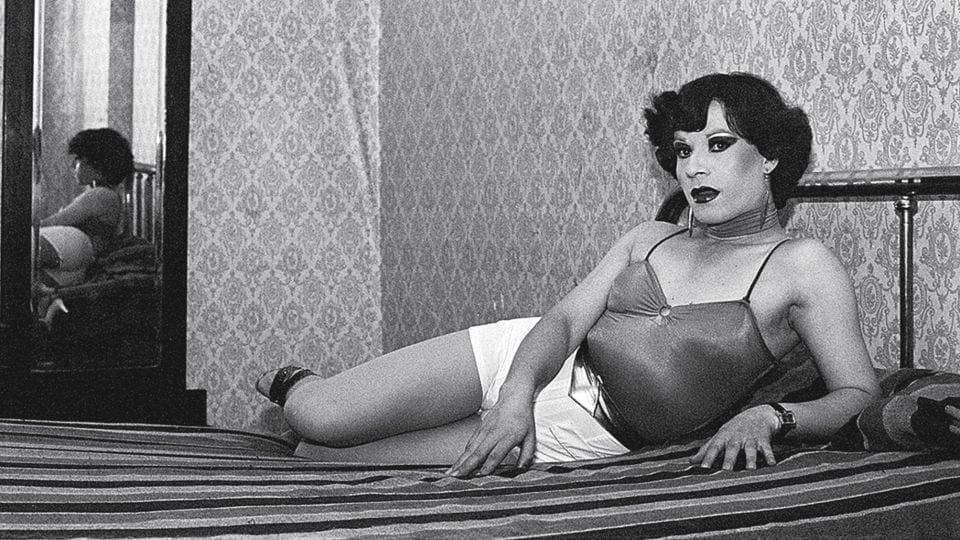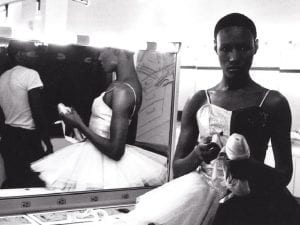A new exhibition from the Brooklyn Museum, Radical Women: Latin American Art, 1960—1985, examines the convergence between political and aesthetic upheaval during these extraordinary decades. As part of the Getty’s ongoing Pacific Standard Time: LA/LA, it features 123 female artists from 15 countries, who work across a range of disciplines. They are linked by their overarching concern with the body, and its potential for artistic communication and well as social critique. Along with well-known names such as Lygia Pape (1927-2004), Ana Mendieta (1948-1985) and Marta Minujín (b.1943), it also offers a platform to previously under-represented figures.
The visual naivety of Sonia Gutiérrez’s (b.1947) Pop Art style images somehow makes the visceral nature of their content all the more hard-hitting. Exiled from her home country in the 1970s after becoming openly political, she produced searing criticisms of torture, persecution and repression. Women are shown suspended by ropes, gagged and blindfolded, depicting real events of the recent past.
In Paz Errázuriz’s (b.1944) photographs, gender norms are brought into close consideration. Queer and transgender sex workers are the focus of her documentation of conditions in brothels in Santiago and Talca during the 1980s. Her pieces reference canonical paintings such as Velázquez’s Toilet of Venus (1647-51) as well as offering a commentary on experiences of marginalisation under an oppressive dictatorship.
Zilia Sánchez (b.1928) explores what she terms ‘erotic topologies’, a softer and arguably more affecting approach to the language of geometric abstraction. Manipulating a canvas creates ripples and lumps, with clear invocations of the human form and female sexuality in her subsequent application of acrylics. Her choice of colours, such as the blue and white of Lunar V (1973), has celestial implications, linking women with powerful, universal forces. The array of styles here reflects the complexity of the topic at hand. From overt activism to more conceptual approaches, all offer important insights into feminism and the agency of the individual in the face of oppression.
Until 22 July. Find out more here.
Anna Feintuck
Credits:
1. Paz Errázuriz (born Chile, 1944). Evelyn, 1982, from the series La manzana de Adán (Adam’s apple), 1982–90. Gelatin silver print, 15 9/16 × 23 1/2 in. (39.5 × 59.7 cm). Courtesy of the artist and Galería AFA, Santiago. © Paz Errázuriz





